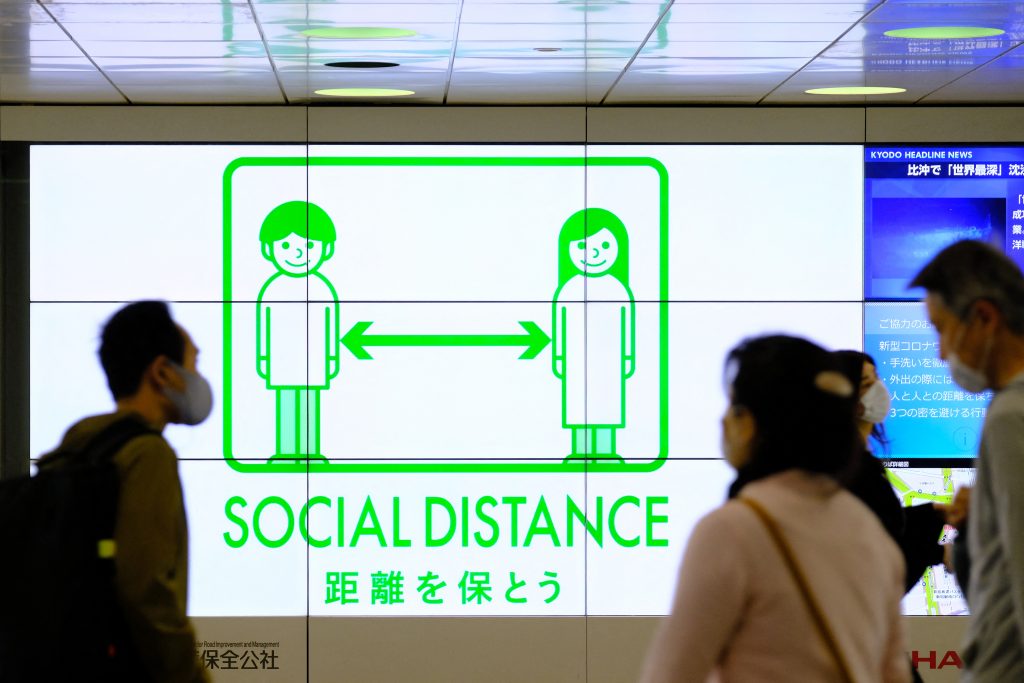
- ARAB NEWS
- 02 Jul 2025

TOKYO: While the fifth wave of novel coronavirus infections in Japan rapidly subsided in and after September, a health ministry panel of experts has yet to find a clear answer to why the number of newly confirmed infection cases has dropped dramatically.
An expert points to multiple factors, such as the effect of vaccinations and a change in people’s behavior.
During the fifth wave, daily COVID-19 cases confirmed across the country hit a record high of 25,866 on Aug. 20. But the daily count started decreasing later and fell below 1,000 on Oct. 3. Daily cases in Tokyo, which peaked at 5,773 on Aug. 13, dropped past 100 on Oct. 4 and are currently standing around 50-60, levels seen in late June 2020.
As of Sept. 13, about half of the country’s population were fully vaccinated against the coronavirus. As of Friday, the proportion came to 66.1 percent, and 74.7 percent of the population received at least one vaccine shot.
Multiple surveys have confirmed high efficacy of COVID-19 vaccines. In March-September, vaccinations helped some 650,000 people avoid infection while curbing fatalities by about 7,200, according to an estimate presented to a recent meeting of the health ministry panel.
A survey by the prefectural government of Wakayama, western Japan, 81 percent of the 235 people who contracted the virus in July-September after getting fully vaccinated did not cause secondary infections while a total of 72 percent of unvaccinated people and those with a single vaccine shot were found to have transmitted the virus to others after getting infected themselves.
“Vaccines are effective in preventing a spread of infections within a community” a prefectural government official said.
Tokyo Medical University professor Atsuo Hamada cited multiple factors behind the recent sharp decrease in new infection cases.
Specifically, Hamada said that more and more people are getting vaccinated and that many people, around mid-August, after the end of the Tokyo Olympics, started to refrain from taking actions that could raise the risk of infection after becoming aware of a surge in new infection cases from media reports and other sources of information.
In addition, people began to conduct room ventilation appropriately after the summer heat subsided in late August, he said.
Noting that new COVID-19 cases have been decreasing around the world since September, Hamada said, “The delta variant is more transmissible than the original novel coronavirus, but its virulence may have become weak.”
But he also said that there may be a certain number of people infected with the virus due to the spread of the delta variant but that they are asymptomatic and therefore do not undergo COVID-19 tests. As a result, it may appear that the number of new infection cases has decreased, Hamada said.